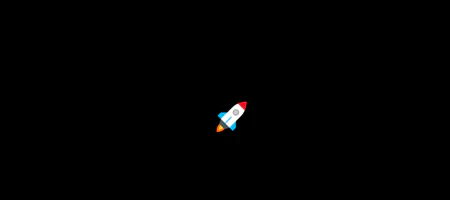(I published this extended comment somewhere else, but I thought it could be interesting to have it here, even if it is not even near essay-level. However, it is something to start a discussion.)
I tried to jump on the Mastodon train several times; however, I was never really convinced by it. To be honest, I was never really interested in any open-source clone of popular commercial social networks. And like me, 99% of the non-technical people I know.
At first, I thought the cause of this was that open source clones have the impossible task of breaking the inertia and attraction power of the “original” platform. After all, clones are built after the original platform became successful, and, therefore, they always start with a certain level of disadvantage. More importantly, though, they do not add anything to the user experience. So why should someone choose to go to some less populated and more inconvenient place to do the same things they already happily do?
At this point, I had a lot of questions. Why are open source social networks so obsessed with cloning existing models? Why can they not create something different, something new, something interesting? Why do they need to copy all the damaging addictive dark patterns in use in commercial social networks? Why can the open source community not do something better?
I do not have an answer. But these questions spawned a stronger argument for my disdain for the so-called fediverse: we do not need a clone of a commercial social network. We just don’t.
Social networks are addictive shits. Once I break free of one of them, why the hell should I come back into another one? Yes, it is “federated” and open source, but the dark patterns are the same, the people are (on average) the same, and the toxic dynamics are precisely the same.
Nobody stops smoking cigarettes only to start smoking “freegarettes.” On the contrary, one stops smoking cigarettes to do something healthier with the money and time saved. I think the same applies to these ugly clones of “commercial social drugs.”
What we need is a different model. A completely different model. A new way (or an old way, if you prefer) to interact with people and with smaller communities. And we will never get there by spending time and resources trying to do a suboptimal copy of some already existing horrible social network.
Personally, I am convinced we reached the top of the social-network parabola. So let’s stop wasting time, and let’s start building something new before some corporate scoop in trying to steal it.

